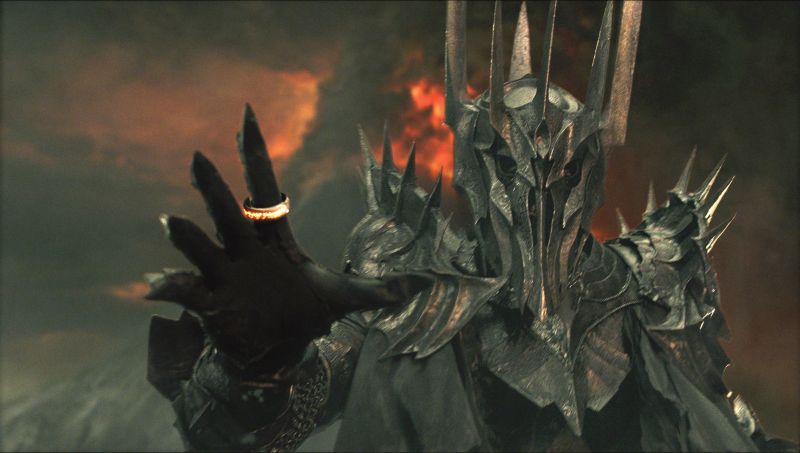Bad Guys: How to Love A Villain

There are often many moments while reading when you wonder “How did the writer come up with this?” or “How can they handle killing off this character?” (ahem, Mr. Martin).
Learning to Love the Villain
Have you ever been so terrified of an antagonist that you've thought “How did you dream up such an evil villain?”
Similar to hearing a tragic story on your local news station and wondering how someone could possibly perform such an act, it's natural to wonder how a writer could tap into their dark side so well and pen an incredibly evil character. In the case of the writer, it's a talent. Throwing yourself into a story is difficult in itself, but the ability to regroup following the creation of a truly upsetting character takes strength and skill.
Know Your Villain
First, know how “icky” your villain needs to be. There are levels and stages of evil that you must take into account. Match the villainy to your genre. For stories based in middle school you would have a bully or annoying teacher, but for horror you may have a demon or creepy clown, pick you poison.
Great character development involves digging deep into the root of the character. Simply knowing who someone is isn't enough, you have to understand why they are who they are. This may be a cliche example, but just imagine J.K. Rowling in the mind of Lord Voldemort. Although we do learn a good amount of information throughout the series, and now on Pottermore I'm sure, there are still bits and pieces that Rowling has not shared quite yet. She KNOWS Tom Riddle, we were simply introduced to him.
Lord Sauron is another example worthy of mentioning. In the LOTR trilogy we know him as the giant, all-seeing eye cooped up in the land of Mordor. But what makes him so terrifying is his back story with the seduction of Melkor and his fall from grace. Sauron's passion and obsession with order and industry allowed Melkor to cooers him into cooperation and eventually to his service entirely. Wow. Deep. Helm's Deep.
Relate to Your Villain
In the decade that I have been reading fan fiction, I've come across some pretty strange personal ties. Tom Riddle and Hermione? Magneto and Rogue? Do people really think that a romance of such magnitude could apply to these characters? Well, in a way that person does think so. If the fanfictioner found a relatable quality in Magneto or Riddle, then it's possible that their mind wondered to “what if?” What if the good-hearted character went back in time and caught the future villain before the evil began? You know you have a successful villain when your readers start spitting out those cryptic questions.
On the other hand, the way we relate to the hero relies on their obstacles. Your villain needs to perform an undesirable act that affects your hero personally. The reader's key into the story is the hero, and when someone attacks them to the core, we are affected as a reader.
Love Your Villain
You may not love how your villain treats others or their view on world peace, but you must appreciate them for who they are. They were conceived in your mind, of course. Just like all of your other characters, your villain belongs to you. As the writer, you have the power to twist and turn their world upside down. Maybe you want them to convert to the good side by the end, or maybe your villain is brutally defeated by the mightiest of warriors. Either way, appreciate them for who and what they are.


